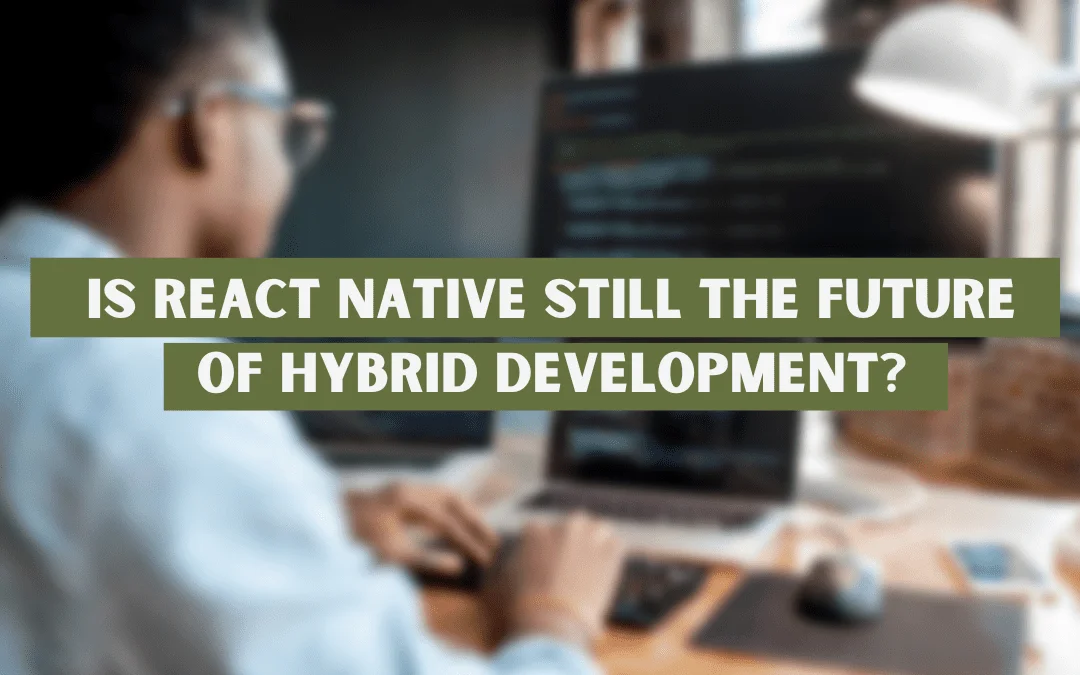DAPP Development Company
Decentralized Application Development, often abbreviated as DApp development, represents a paradigm shift in how we conceive, design, and interact with software applications. Unlike traditional applications that are typically centralized and controlled by a single entity, DApps operate on decentralized networks, usually built on blockchain technology. This decentralization brings forth a host of benefits, including increased transparency, immutability, censorship resistance, and enhanced security.
At its core, DApp development involves creating software applications that run on a peer-to-peer network of computers rather than relying on a central server. These applications leverage the underlying blockchain infrastructure for various functionalities such as storing data, processing transactions, and executing smart contracts.
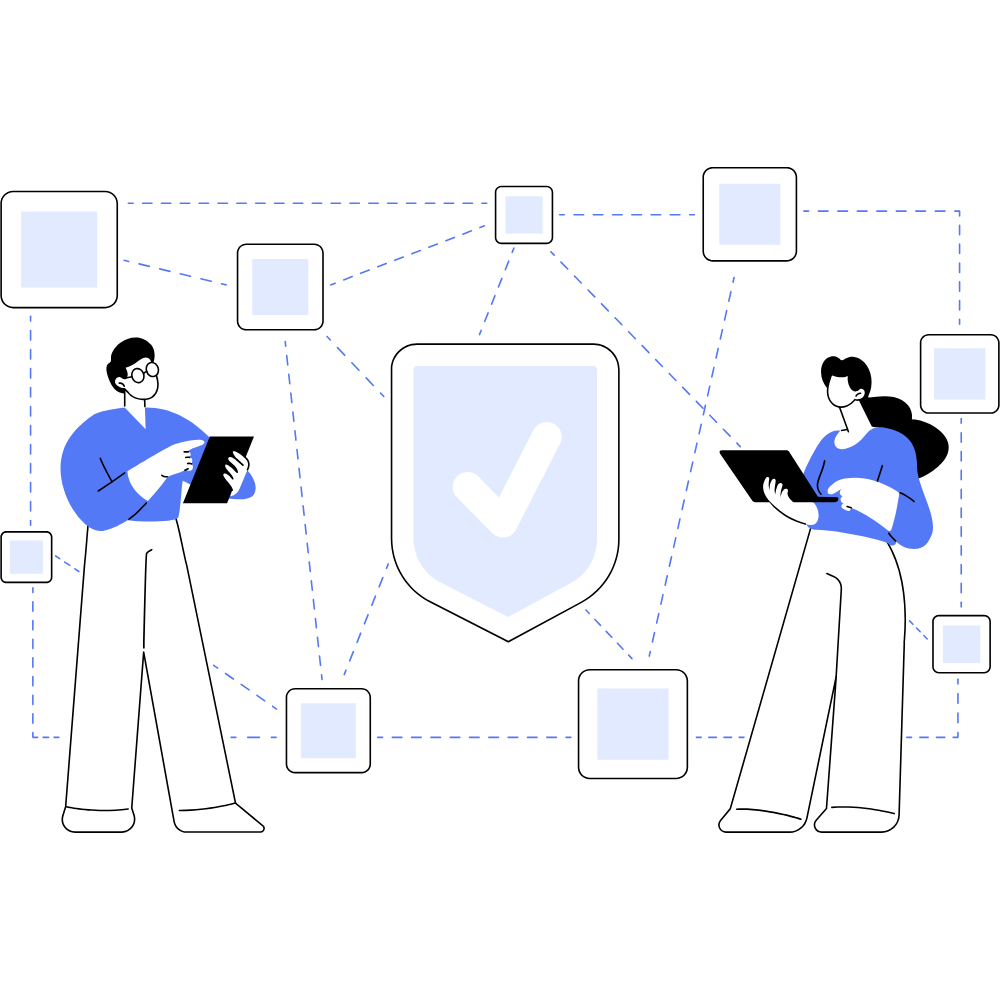
The key components of DAPP development
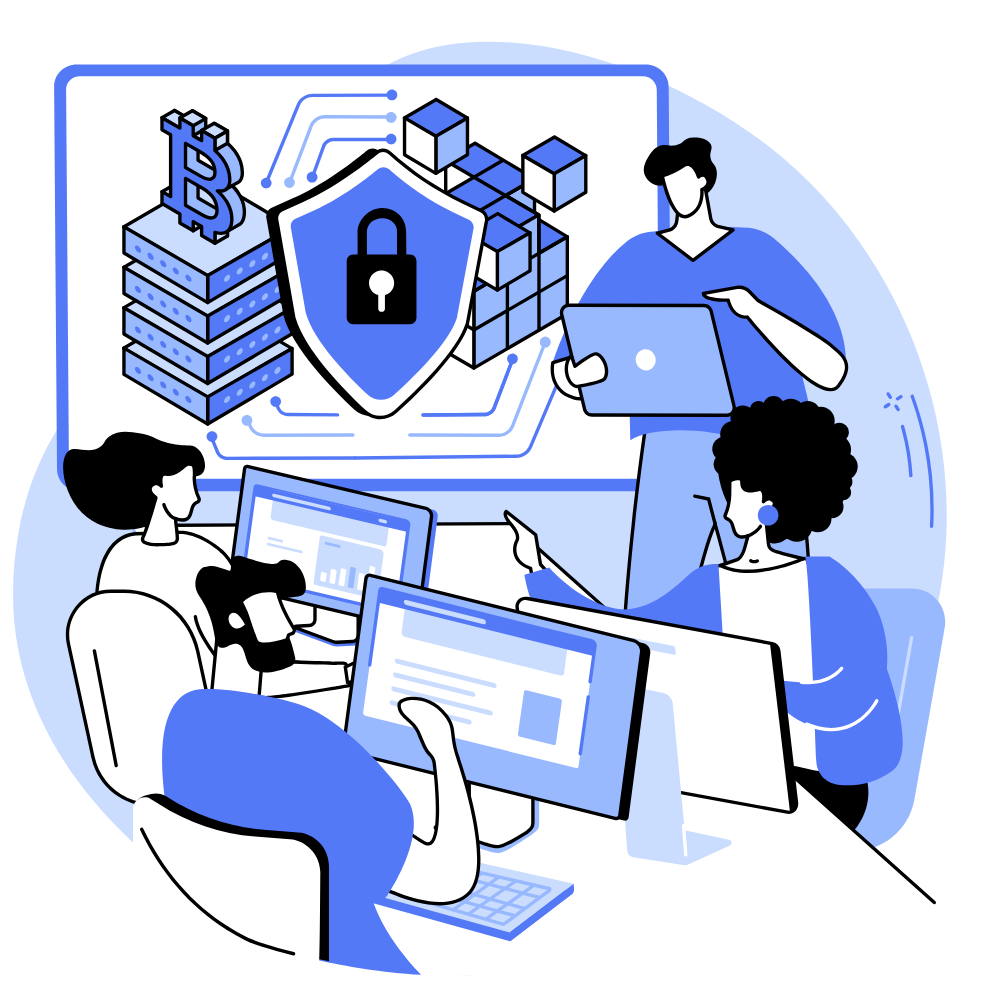
Blockchain
DApps are typically built on blockchain platforms like Ethereum, EOS, or Tron. These blockchains provide the necessary infrastructure for executing and validating transactions in a decentralized manner. Each transaction is cryptographically secured and recorded on a distributed ledger, ensuring transparency and immutability.
Smart Contracts
Smart contracts are self-executing contracts with the terms of the agreement directly written into code. They facilitate automated and trustless execution of transactions, eliminating the need for intermediaries. DApp developers write smart contracts to define the rules and logic governing the behavior of their applications.
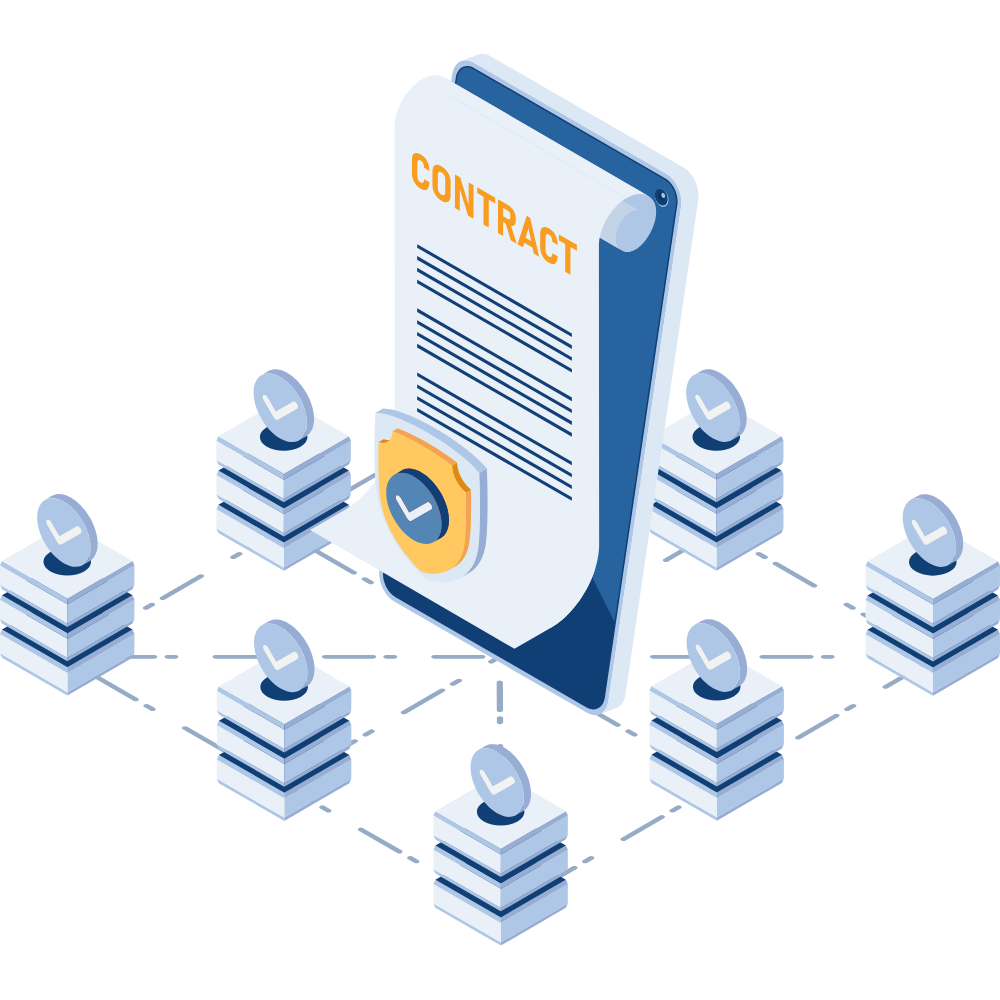
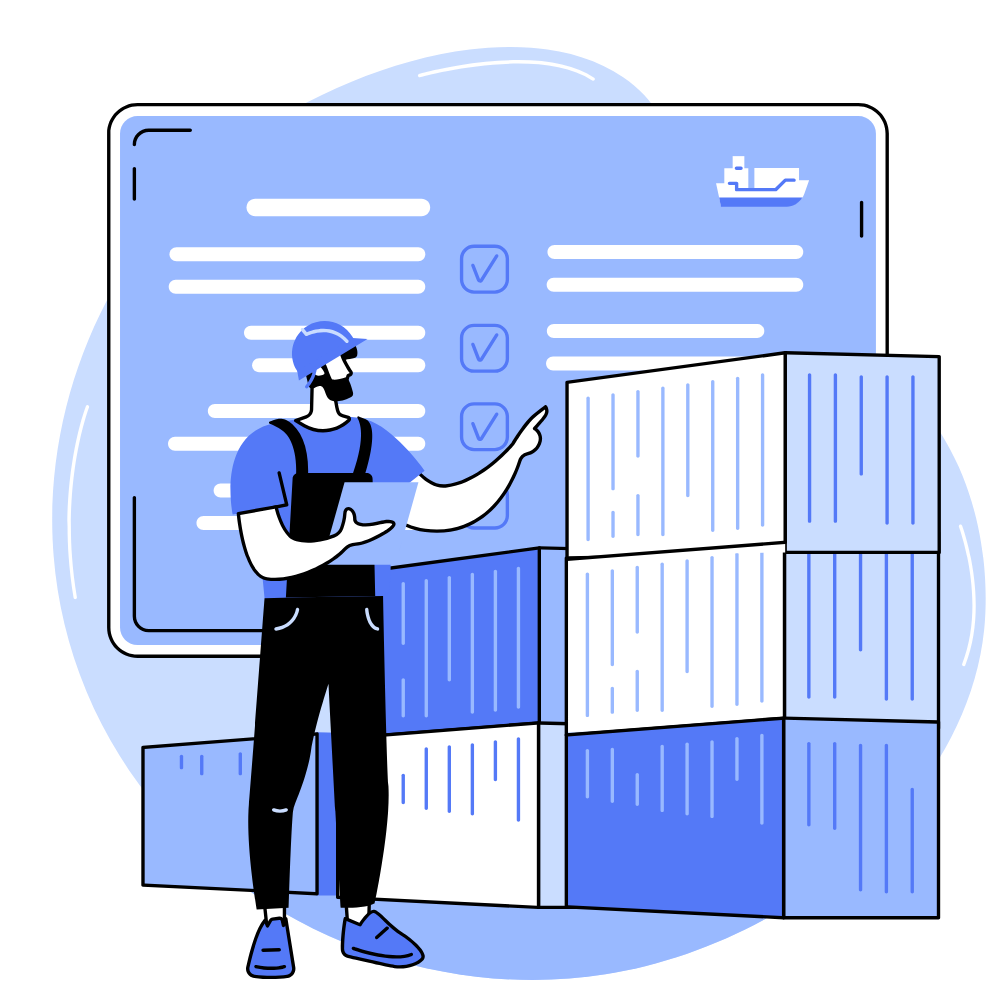
Decentralized Storage
DApps often require decentralized storage solutions to store and manage data in a secure and distributed manner. Technologies like IPFS (InterPlanetary File System) and Swarm provide decentralized storage solutions that ensure data integrity and availability without relying on a central server.
User Interfaces
DApp developers create user interfaces (UI) that interact with the underlying blockchain and smart contracts. These interfaces can be web-based, mobile applications, or even command-line interfaces, depending on the target audience and use case of the DApp.

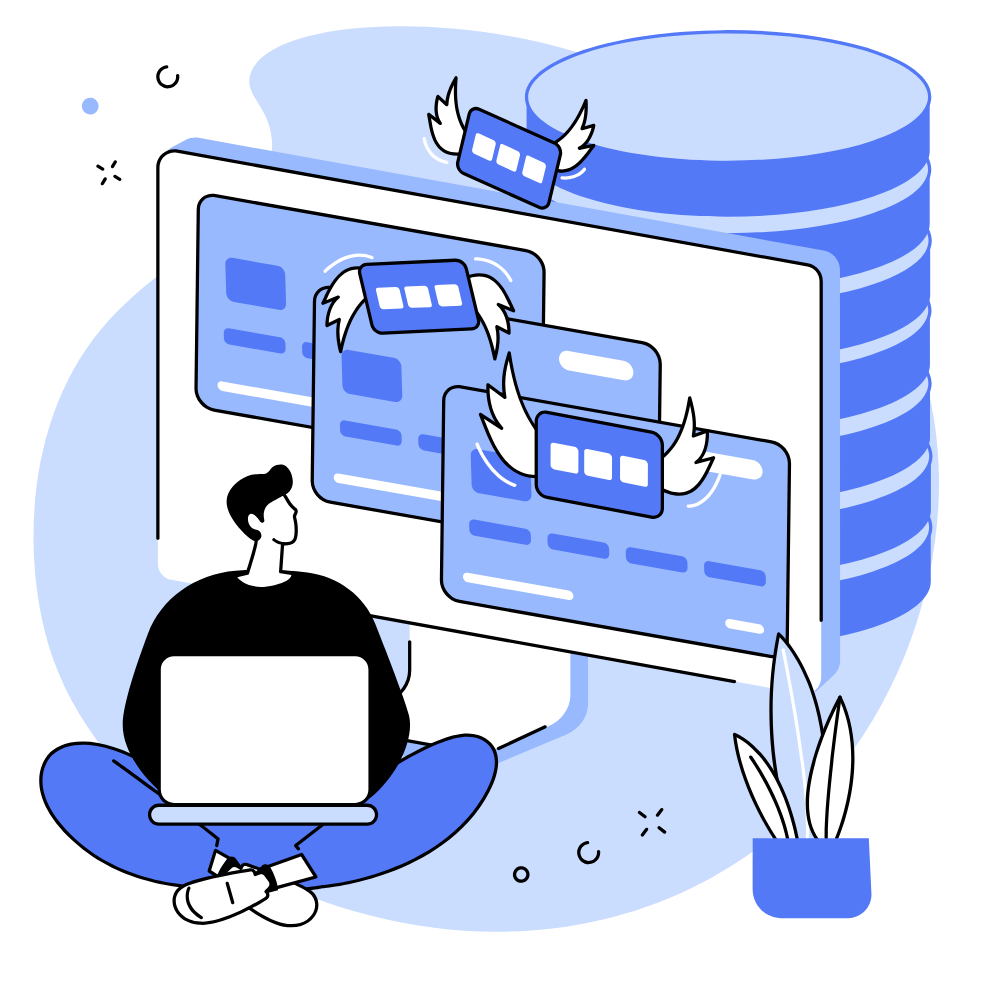
Tokenization
Many DApps utilize tokens as a means of value exchange within the ecosystem. These tokens can represent digital assets, access rights, or voting power within the application. DApp developers often design and implement token economics to incentivize participation and drive engagement within the ecosystem.
DApp development requires a unique set of skills, including proficiency in blockchain technologies, smart contract development, decentralized storage solutions, and user interface design. Additionally, developers must adhere to best practices for security, scalability, and interoperability to ensure the success and longevity of their DApps.
In recent years, DApp development has gained significant traction across various industries, including finance, gaming, supply chain, and social networking. As blockchain technology continues to evolve and mature, the potential for innovative DApps to disrupt traditional centralized systems remains substantial.



